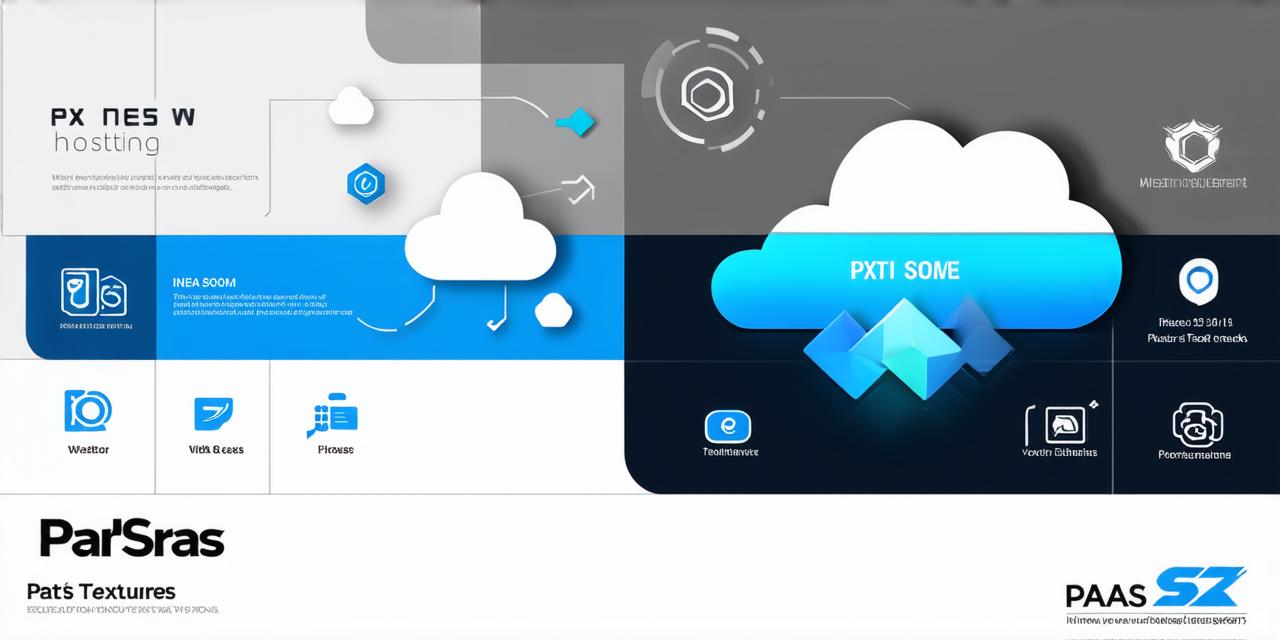PaaS, or Platform as a Service, is a cloud hosting category that offers web developers an easy and cost-effective way to develop, run, and manage applications without having to worry about the underlying infrastructure. In this article, we will explore some of the most popular examples of PaaS and their key features, benefits, and drawbacks.
1. AWS Elastic Beanstalk
AWS Elastic Beanstalk is a fully managed platform that makes it easy for developers to deploy and scale web applications in the cloud. With Elastic Beanstalk, developers can choose from a variety of pre-configured environments, such as Node.js, Python, Ruby, PHP, Django, and more. They can also customize their environments by configuring settings like memory, CPU, and disk size.

Elastic Beanstalk offers several benefits, including automatic scaling, high availability, and fault tolerance. However, it can be complex to set up and manage, especially for developers who are new to AWS or cloud computing in general. Additionally, Elastic Beanstalk requires a deep understanding of application architecture and infrastructure management to ensure optimal performance.
2. Heroku
Heroku is a popular cloud platform that allows developers to quickly deploy and scale web applications. It supports a wide range of programming languages and frameworks, including Ruby, Node.js, Python, Go, and more. Heroku’s easy-to-use command-line interface (CLI) makes it simple for developers to manage their applications, while its built-in tools and services help them focus on writing code.
Heroku offers several benefits, including automatic scaling, high availability, and fault tolerance. It also has a large and active community of developers who contribute to its extensive documentation and support resources. However, Heroku can be expensive for larger applications or those with complex infrastructure requirements, and it may not provide the same level of customization as other PaaS platforms.
3. Microsoft Azure App Service
Microsoft Azure App Service is a fully managed platform that enables developers to build, deploy, and scale web applications in the cloud. It supports a wide range of programming languages and frameworks, including .NET, Node.js, Python, Java, PHP, and more. Azure App Service also integrates seamlessly with other Microsoft products, such as SQL Database, Cosmos DB, and Azure Functions.
Azure App Service offers several benefits, including automatic scaling, high availability, and fault tolerance. It also provides built-in security features like SSL encryption, network security groups, and role-based access control. However, it can be complex to set up and manage, especially for developers who are new to Azure or cloud computing in general. Additionally, Azure App Service may not provide the same level of customization as other PaaS platforms.
4. Google Cloud Platform App Engine
Google Cloud Platform App Engine is a fully managed platform that allows developers to build and deploy web applications in the cloud. It supports a wide range of programming languages and frameworks, including Node.js, Python, Go, Java, and more. App Engine also integrates seamlessly with other Google products, such as Firebase, Cloud Bigtable, and Cloud Spanner.
App Engine offers several benefits, including automatic scaling, high availability, and fault tolerance. It also provides built-in security features like SSL encryption, network security groups, and role-based access control. However, it can be expensive for larger applications or those with complex infrastructure requirements, and it may not provide the same level of customization as other PaaS platforms.
5. Salesforce Heroku
Salesforce Heroku is a cloud platform that allows developers to build and deploy web applications in the cloud using Salesforce’s Lightning Platform. It supports a wide range of programming languages and frameworks, including Node.js, Python, Ruby, PHP, Java, Go, and more. Salesforce Heroku also integrates seamlessly with other Salesforce products, such as Salesforce CRM, Service Cloud, and Community Cloud.
Salesforce Heroku offers several benefits, including automatic scaling, high availability, and fault tolerance. It also provides built-in security features like SSL encryption, network security groups, and role-based access control. However, it can be expensive for larger applications or those with complex infrastructure requirements, and it may not provide the same level of customization as other PaaS platforms.
